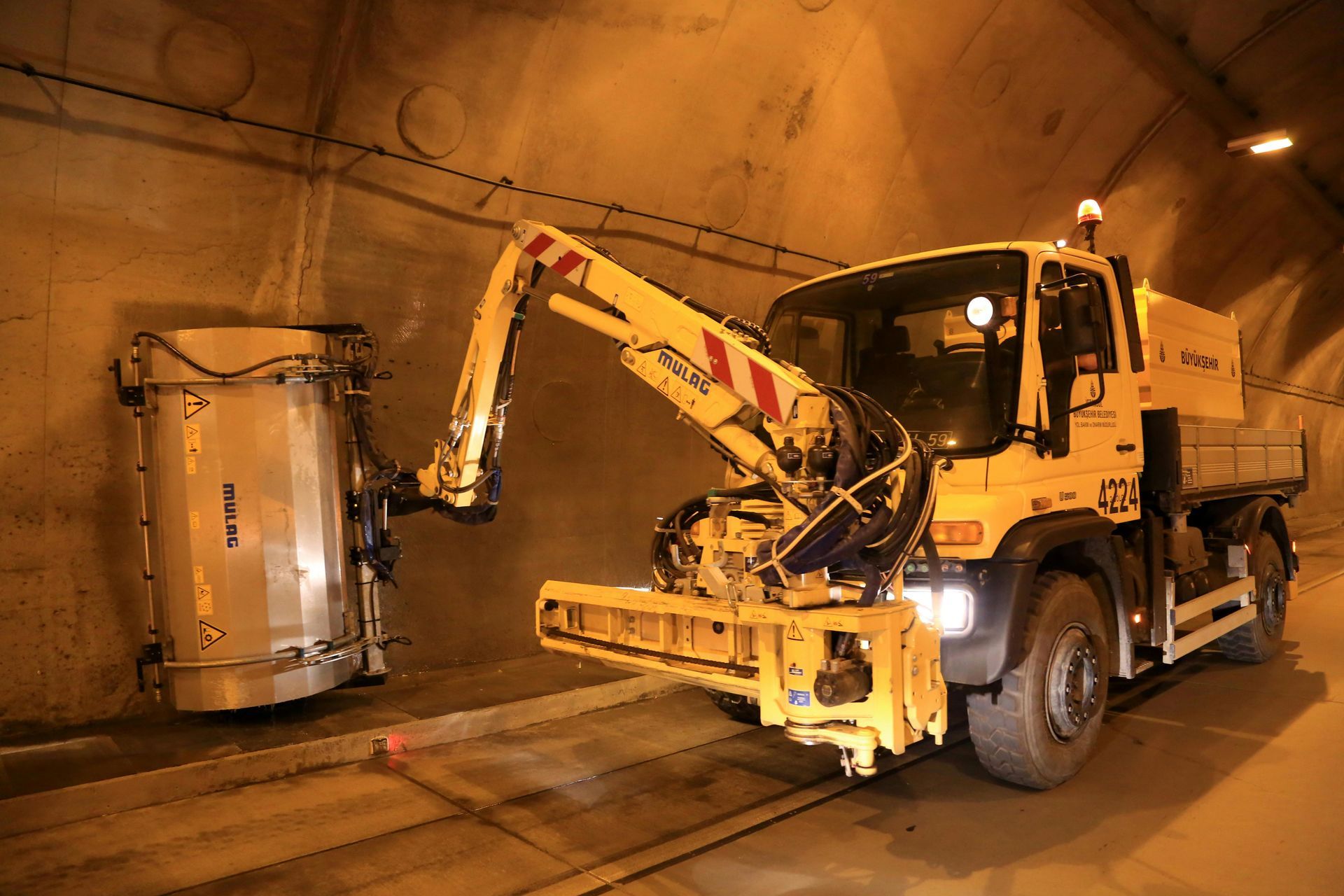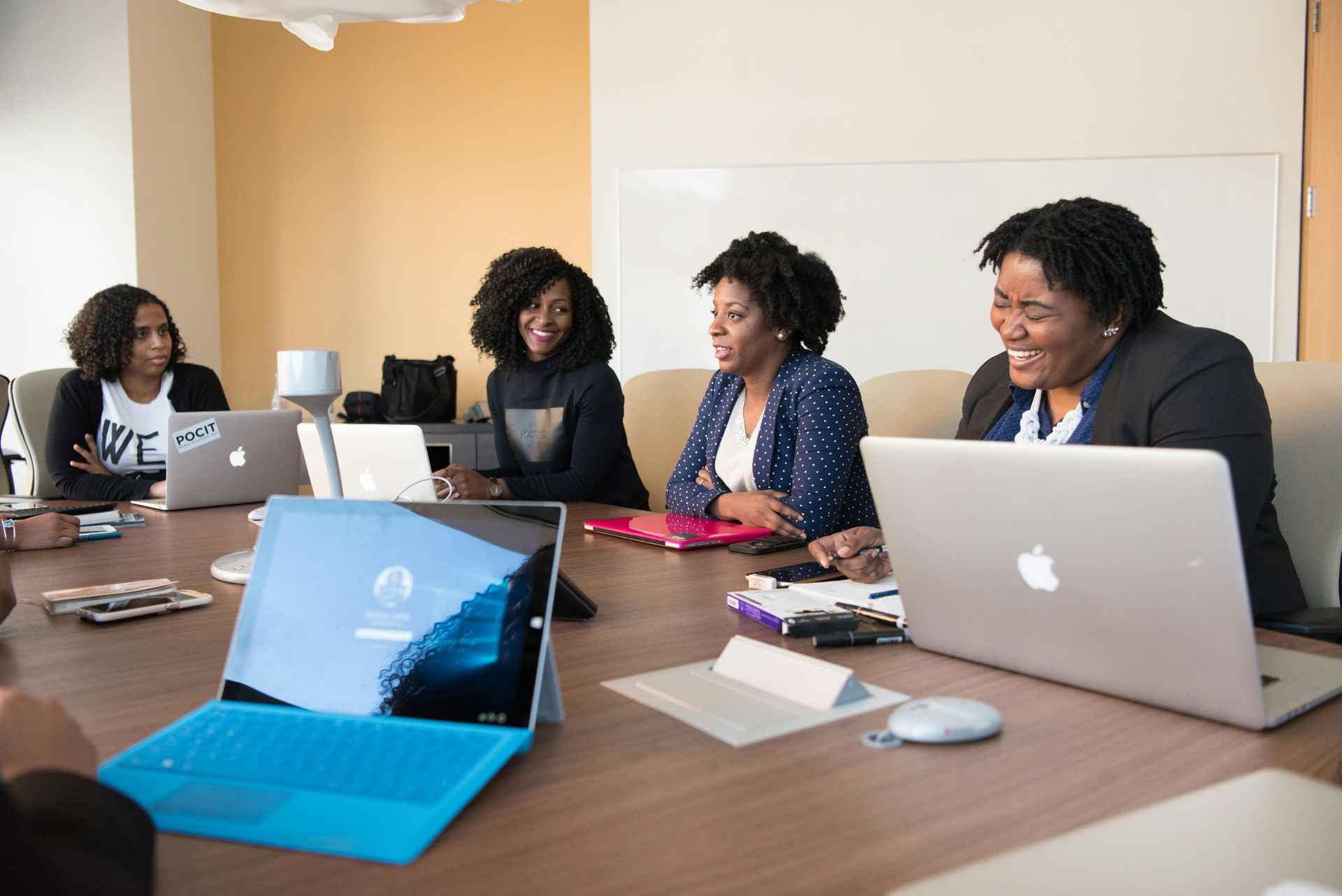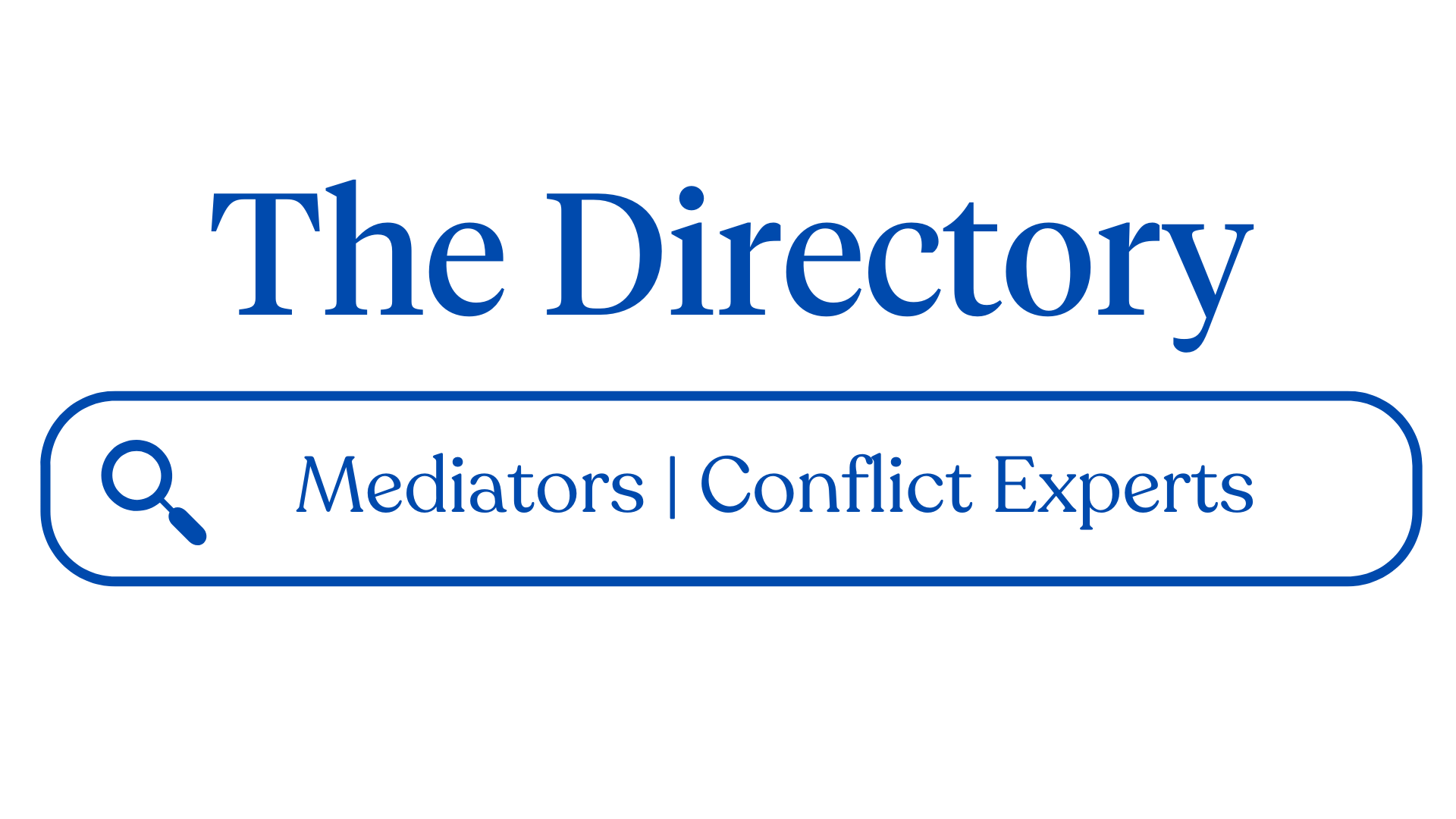Case Study: Tregaskis Mediation - London-Based Tunnelling Contract Dispute

Early Termination of a Major Infrastructure Project: How Mediation Resolves High-Stakes Cross-Border Disputes
The construction and infrastructure sectors often face complex disputes that can halt progress or threaten relationships. When these disagreements involve multiple countries, legal systems, and cultural nuances, resolving them efficiently becomes even more challenging. This is where commercial mediation plays a vital role, offering a pragmatic and cost-effective path to resolution.
One standout example is a high-stakes dispute concerning the early termination of a tunnelling contract in London. The case, led by Gordon Tregaskis, exemplifies how expert mediation can bridge cultural gaps, facilitate negotiation, and deliver results where traditional litigation or arbitration might falter. Here's the full story of how this dispute unfolded – and how mediation proved to be the ultimate key to resolution.
The Case at a Glance
The disagreement involved two parties from vastly different backgrounds – one Thai and the other British – over the early termination of a multi-million-pound tunnelling contract. The Claimants initially sought damages of £30 million, while the British respondents refuted the claims, countering with an offer that covered only their legal costs for arbitration at £1 million. With such polarised positions, finding common ground seemed almost impossible.
The mediation began with high hopes but reached a deadlock on the first day, with neither party willing to budge. However, through strategic communication and a commitment to collaboration, Gordon was able to steer the parties toward a settlement of £2.89 million within ten days. This case is a valuable case study demonstrating the nuances of effective mediation.
Overcoming the Challenges of Cross-Border Disputes
Cross-border disputes like this one come with a unique set of challenges. Differences in legal frameworks, business practices, cultural values, and even negotiation styles can quickly derail discussions. Mediation provides a neutral and adaptable platform to bridge these differences, fostering understanding and cooperation.
Navigating Cultural Sensitivities
One of the fundamental barriers in international disputes is cultural disparity. It’s not just about language differences—it’s about nuanced negotiation behaviours, expectations, and communication styles. Thai negotiation styles, for instance, often favour non-confrontational approaches, whereas British counterparts may adopt a more direct way of addressing issues.
Gordon’s experience in cross-cultural mediation was instrumental in this case. Rather than letting misunderstandings deepen the divide, he provided a neutral space where both sides felt heard and respected. His ability to mediate culturally sensitive discussions enabled the parties to focus on the facts without letting personal or cultural differences cloud their judgment.
Aligning International Legal Perspectives
Another significant challenge lay in harmonising the legal frameworks of the two jurisdictions involved. Thai and British legal systems differ greatly in terms of contract law and dispute resolution methods. For lawyers and professionals representing parties in such situations, mediation offers a valuable alternative to being locked into a single legal framework. Gordon’s ability to draw upon his extensive legal knowledge and explain each side’s perspectives in plain language was crucial in fostering mutual understanding.
The Power of Strategic Communication
While mediation itself is inherently strategic, Gordon’s approach in this case set a benchmark for effective communication practices. The first day of the mediation saw both parties maintaining rigid positions, with no willingness to compromise. However, Gordon recognised the need for ongoing dialogue beyond the mediation room.
Continuing the Negotiation Beyond One Day
One major advantage of mediation, as opposed to traditional litigation, is its flexibility. When the first round of negotiations ended in a stalemate, Gordon suggested implementing an ongoing communication strategy. Over the course of ten days, the two parties engaged in regular phone calls, orchestrated by Gordon, focusing on smaller aspects of the dispute.
This persistence paid off. With each call, trust began to build, and the parties gradually moved towards the middle ground. By keeping the lines of communication open, a rigid gridlock evolved into a meaningful dialogue—a critical step that eventually led to resolution.
Focusing on Common Ground
Throughout the discussions, Gordon adeptly guided the conversations toward areas of mutual agreement. This approach helped the two parties recognise potential solutions instead of fixating solely on their differences. For businesses and legal professionals involved in mediation, this is a key takeaway. Finding shared goals or values—such as minimising public exposure of the conflict or avoiding drawn-out legal proceedings—can be the first step towards resolution.
Cost-Effectiveness in Commercial Mediation
For businesses embroiled in disputes of this magnitude, cost is an understandable concern. While litigation and arbitration are reliable legal avenues, they often come with significant expense, time commitments, and uncertainty. Mediation presents an appealing alternative that reduces these burdens.
Avoiding Prolonged Legal Proceedings
Had this case gone to arbitration, both parties would have incurred substantial costs in terms of legal fees, expert witnesses, and procedural delays. Gordon’s mediation efforts led to a resolution in just ten days. For professionals in legal and business sectors, this highlights one of mediation’s most significant advantages—efficiency.
Preservation of Relationships
Another advantage of mediation lies in its collaborative nature. Unlike litigation, which often pits parties against one another in a winner-takes-all scenario, mediation encourages both sides to work together towards an outcome that satisfies everyone’s interests. This case concluded with both parties accepting the £2.89 million settlement, avoiding the long-term damage to business relationships that often results from contentious legal battles.
Key Lessons for Legal Professionals and Businesses
The success of this mediation holds valuable lessons for legal professionals and businesses in the UK who are looking to resolve disputes more efficiently:
- Invest in Skilled Mediators - Having a seasoned mediator like Gordon Tregaskis can make all the difference. His deep understanding of cross-cultural dynamics and strategic negotiation techniques shifted the case from an impasse to resolution.
- Leverage Mediation for Cross-Border Disputes - For disputes involving international parties, mediation offers a flexible and neutral framework that eliminates many of the jurisdictional challenges posed by litigation.
- Adopt Strategic Communication - Open and ongoing dialogue, even outside the confines of mediation sessions, can lay the groundwork for meaningful compromises. Keeping the channels of communication open was pivotal in this case.
- Focus on Cost-Effective Outcomes - Mediation not only saves time and costs but also protects reputations and preserves relationships, making it a worthwhile alternative to adversarial legal processes.
Closing Thoughts
The case of the early termination of a major infrastructure project demonstrates the value of commercial mediation in resolving complex cross-border disputes. For legal professionals and business leaders in the UK, mediation offers a smarter way forward—one that prioritises efficiency, relationship preservation, and long-term benefits over protracted courtroom battles.
Gordon Tregaskis’s approach to this case underscores why he is trusted by clients worldwide to handle high-stakes commercial disputes. From understanding cultural nuances to managing communication strategies, his expertise exemplifies the hallmarks of effective mediation. For businesses and solicitors facing their own challenges, choosing mediation could be the difference between costly litigation and a resolution that works for all parties.
Please contact Gordon if you need assistance with your dispute.











